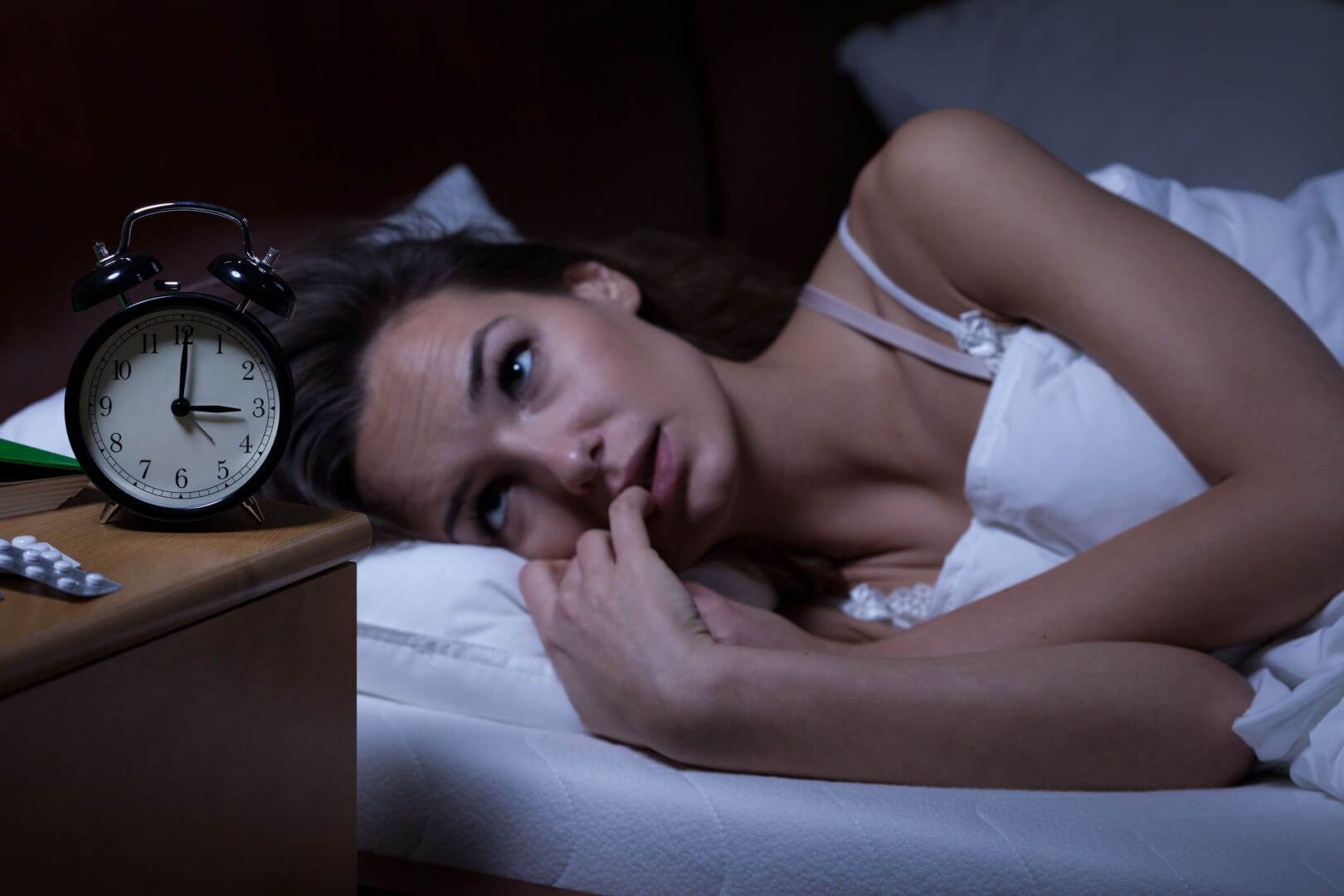Signs of Insomnia…

8 Signs of Insomnia and What You Can Do About Them
Like most adults, you’ve probably made a promise to yourself to get more sleep, but there’s more to insomnia than getting enough sleep. Both quantity and quality are essential.
Insomnia can present itself in many different ways:
- Can’t Sleep at All – Without the minimum amount of sleep your body requires, your brain and cardiovascular system may even suffer permanent damage putting you at risk for ailments including high blood pressure, obesity, heart failure and memory loss.
- Can’t Stay Asleep – Seven to nine hours each night is a healthy amount of sleep for adults. Less than that should ring alarm bells.
- Too Tired to Concentrate – Missing REM sleep can disrupt the brain’s processing ability, resulting in memory issues and problems with focus.
- Tired but Can’t Nap – Naps that last between 20 and 30 minutes can restore energy, while naps lasting for around 90 minutes offer the restorative benefits of a full sleep cycle and can help nappers catch up on lost sleep. Research shows insomniacs might actually benefit from avoiding naps altogether.
- Trouble Falling Asleep – A healthy person will fall asleep within 15 minutes. Taking any longer than 30 minutes to fall asleep is a sign of poor sleep health.
- Irritable and Easily Upset or Short Tempered – Symptoms of anxiety and depression can occur more often in insomniacs.
- Repeatedly Waking Up During the Night – Waking up once during the night is nothing to be worried about, but if you find yourself awake at multiple point throughout the night, your body cannot benefit from REM and deep sleep. These two stages of the sleep cycle play a vital role in the preservation of memories and muscle repair.
- Feeling Exhausted After Waking Up – A good night’s sleep should leave you energized and refreshed.
Treating the Signs of Insomnia
Insomniacs can experience many of the signs and symptoms listed above. Poor sleep hygiene is often to blame. There are a number of preventative measures that can be taken to improve sleep hygiene and resolve sleep issues:
- No napping after 4 pm. While a few minutes of shut eye can do a body good, napping late in the day can exacerbate certain symptoms like having trouble falling asleep.
- Avoid foods that cause indigestion including after dinner cocktails, greasy takeout and sugary desserts. Heartburn is not an ailment that can be “slept off.”
- Skip the late-night TV and stop browsing social media. Screens are a big no-no in a healthy sleep routine. If your need some entertainment to help you wind down for the night grab a paperback or spend a few minutes writing in a journal. Reading and writing before bed have been shown to ease sleep disturbances rooted in anxiety, depression and stress.
Take the signs of insomnia seriously and practice self-care. Adopt a healthy sleep routine to give yourself the best chance of overcoming sleepless nights. Check out our blog for more on how to get a good night’s sleep.


